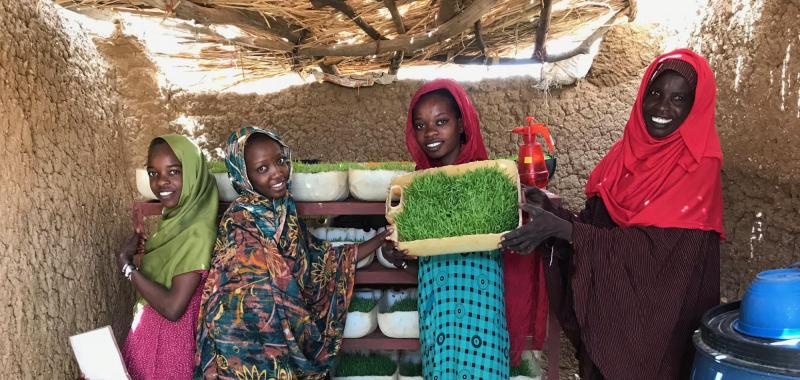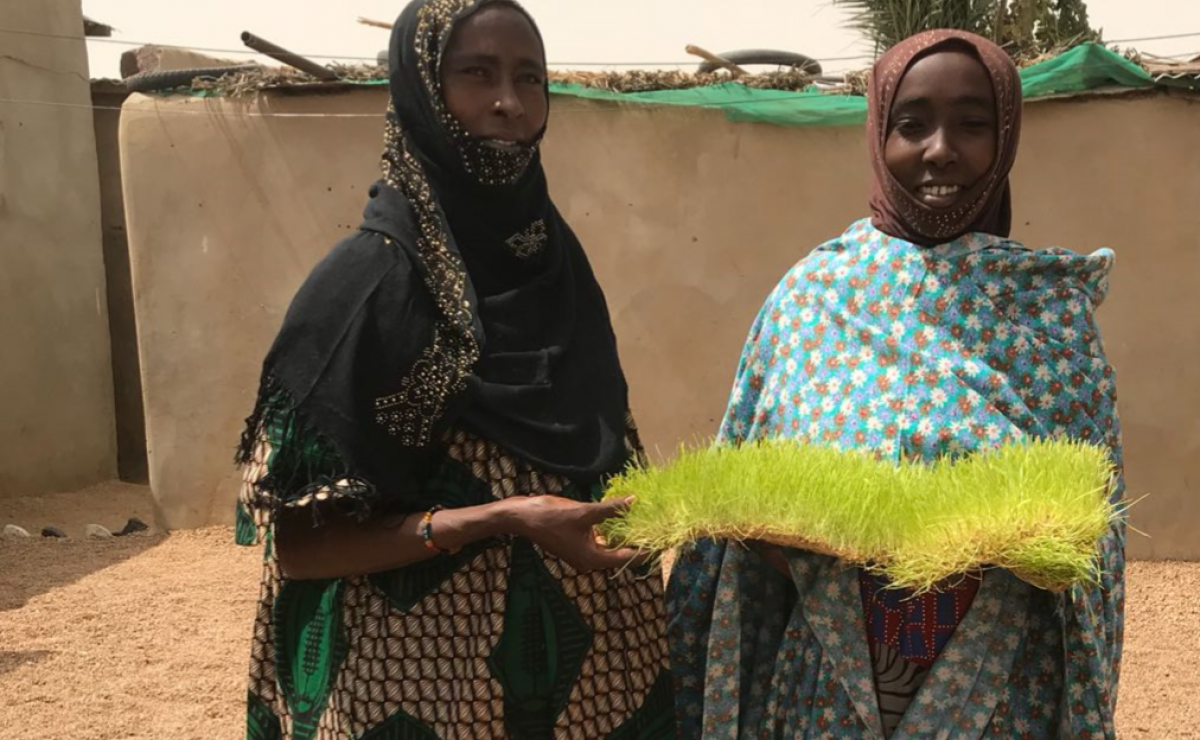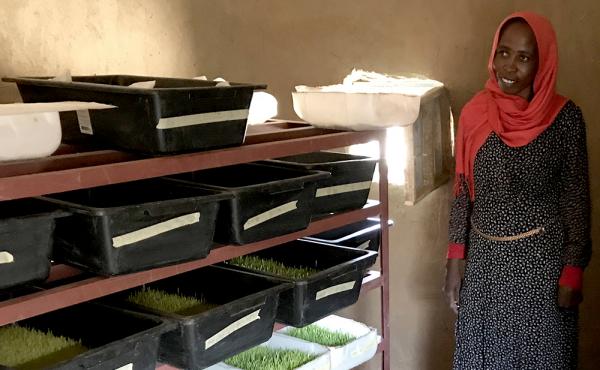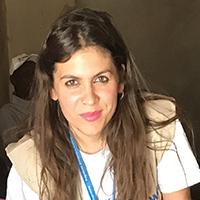Eastern Chad is home to 327,000 refugees who have fled conflict in western Sudan’s Darfur region since early 2003. Most of them live in harsh conditions in camps along the border, and are exposed to protracted droughts and unpredictable rainfall that hamper agricultural and livestock activities.
Chad is part of the Sahel region, which has been experiencing some of the worst conditions in years and has some of the highest malnutrition rates in the world. While much progress is being made in some Sahel countries, we need to protect resilience gains and prevent any deterioration in nutritional status and food security. WFP continues to build the humanitarian and development nexus in Chad, supporting families to become self-reliant and more resilient to shocks.






